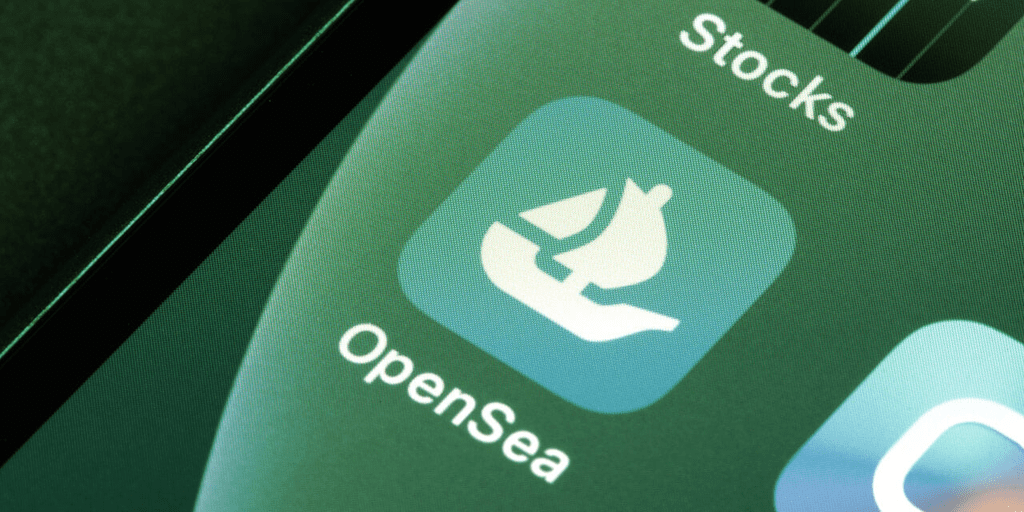Citing U.S. sanctions on Cuba, OpenSea, the world’s largest marketplace for non-fungible tokens (NFT), said today that it’s banning digital artists from all countries sanctioned by the United States.
The ban came to light last week after NFTcuba.ART, a project that helps Cuban artists succeed in the NFT industry, tweeted that OpenSea had disabled its profile on the marketplace. Not only “Cubans on the island, but those who have other nationalities have to endure censorship in web3 company,” wrote NFTcuba.ART. The project asserts that the sanctions are being applied unfairly to Cuban artists who are living outside the island nation.
A message on the collective’s website warned that the project was banned from OpenSea, saying this is “likely just because it has the name Cuba in it and or they are fearful of sanctions.”
The New York-based company, however, said it’s simply complying with U.S. sanctions law.
“Our Terms of Service explicitly prohibit sanctioned individuals, individuals in sanctioned jurisdictions, or services from using OpenSea. We continue to holistically evaluate what other measures need to be taken to serve our community and comply with applicable law,” an OpenSea spokesperson told Decrypt.
OpenSea also explained that “sanctions against Cuba are effectuated by multiple legal authorities. They take form in executive orders, federal statutes, and regulations in the Code of Federal Regulations (CFR). The sanctions are complicated and target certain activity, including economic activity, in Cuba. In light of these restrictions, OpenSea does not allow use of its services from Cuba.”
As initially reported by Associated Press, Cuban artists insist they’ve never been told explicitly why their accounts were taken down, with some theorizing that OpenSea could be doing it out of an overabundance of caution. Adding to the confusion is the fact that many of the artists are Cuban ex-pats, no longer living on the island. The founder of NFTcuba.ART, Gianni D’Alerta, currently lives in the U.S., while Gabriel Bianchini, co-host of a project that featured Cuban artists at OpenSea during National Hispanic Heritage Month, is Swiss-Italian and lives in Spain, according to Artnet News.
NFTcuba.ART didn’t immediately respond to Decrypt’s request for comment.
Who else is on the sanctions list
This is not the first time NFTcuba.ART complained about the OpenSea ban. The project tweeted about issues it faced on the marketplace in March, urging artists and collectors to turn to platforms without such policies.
In March, Iranian artists also complained about being barred from the marketplace. “OpenSea blocks users and territories on the U.S. sanctions list from using our services—including buying, selling, or transferring NFTs on OpenSea,” a spokesperson for the marketplace told Decrypt at the time.
According to OpenSea, the marketplace has “a zero tolerance policy for the use of our services by sanctioned individuals or entities and people located in sanctioned countries. If we find individuals to be in violation of our sanctions policy, we take swift action to ban the associated accounts.”
The U.S. has comprehensive economic sanctions for North Korea, Syria, Russia, Cuba, and Iran, and has actively enforced the policy. In October, the U.S. Treasury Department fined crypto exchange Bittrex $53 million for allowing traders to evade American sanctions in countries including Cuba, Syria, Iran and Sudan.
Stay on top of crypto news, get daily updates in your inbox.




